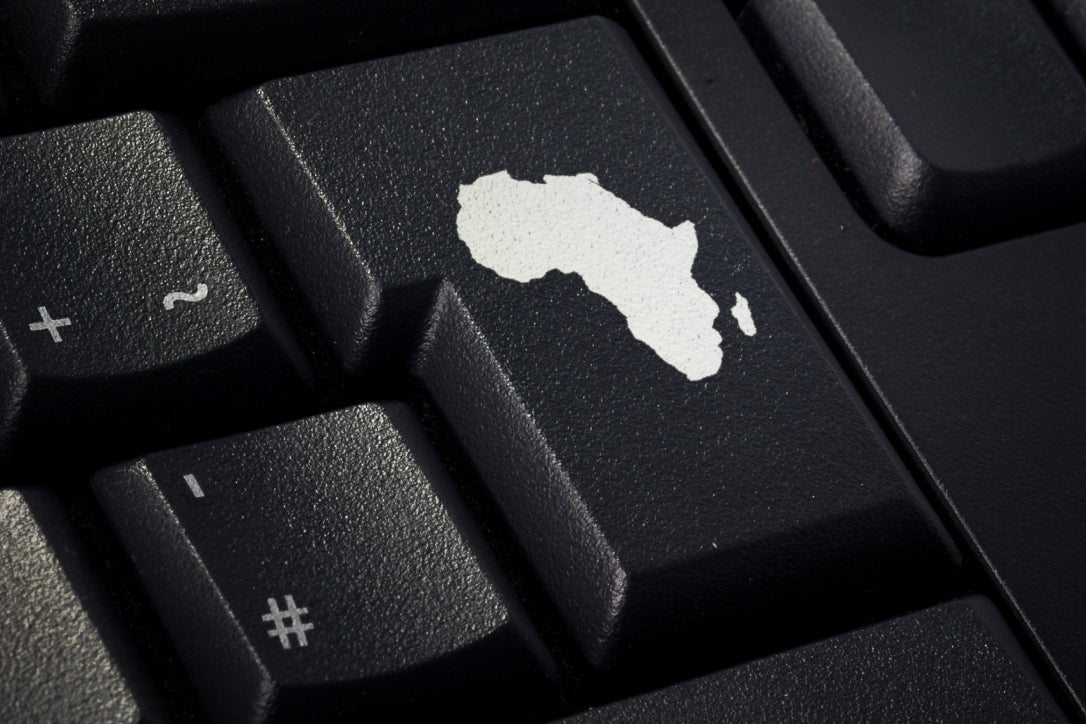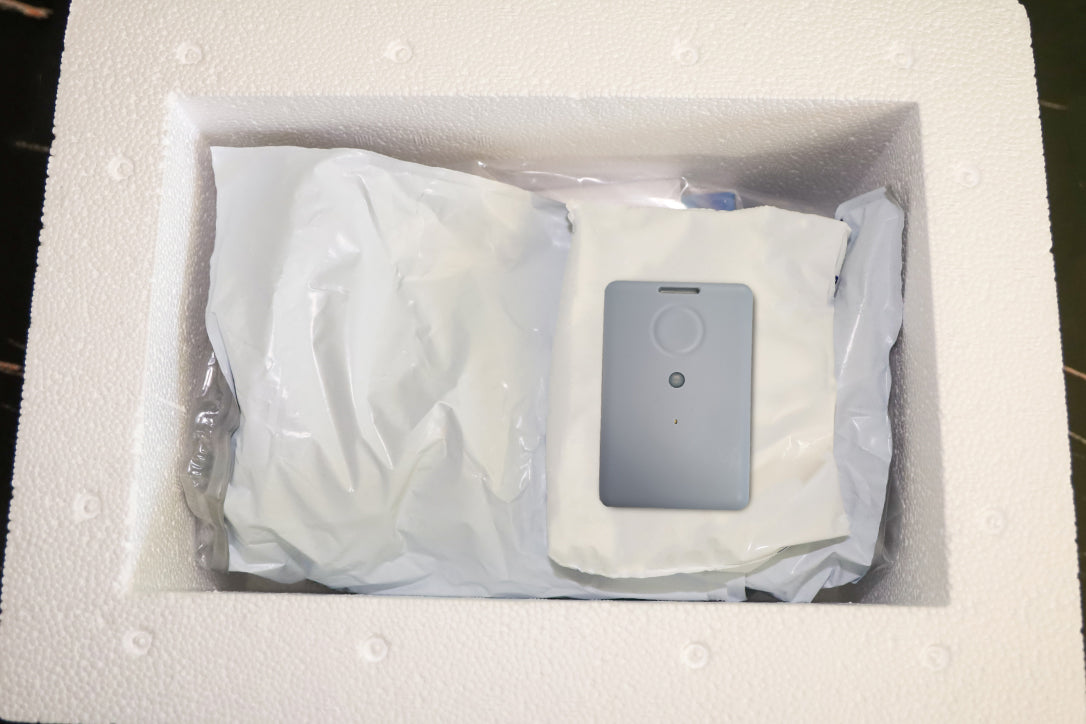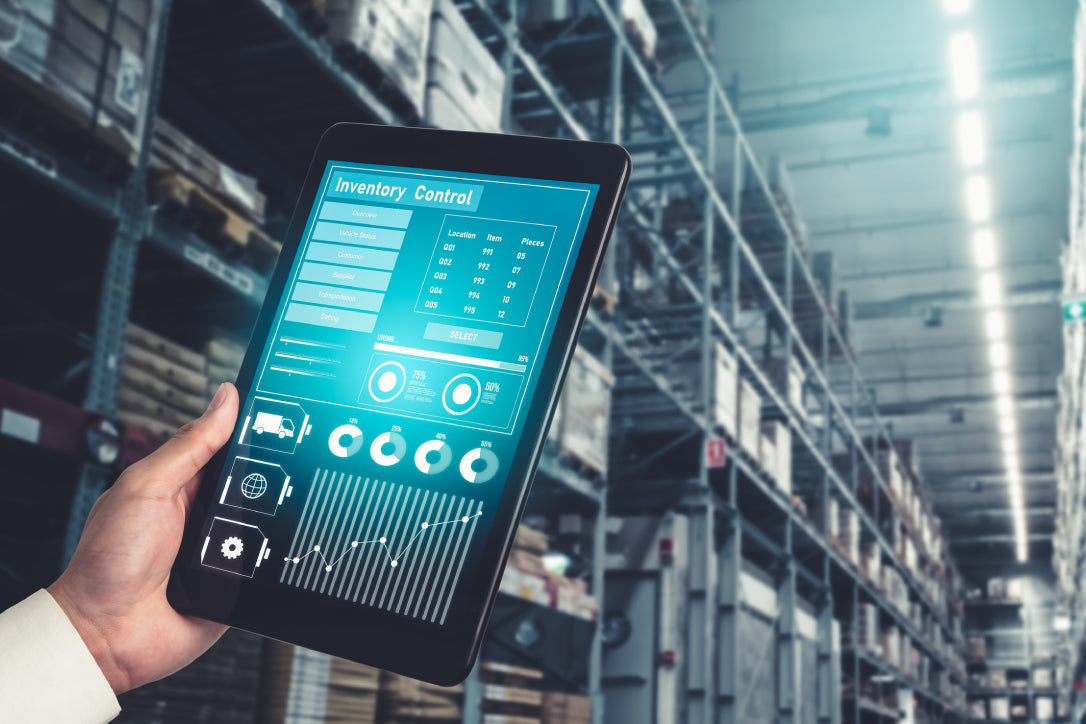The State of Smart Monitoring
The Internet of Things is revolutionising various sectors globally, from healthcare to agriculture. Developed countries have been at the forefront of this technological wave, leveraging smart devices to enhance efficiency, sustainability, and quality of life. But what about Africa? Let's explore the state of IoT in Africa and how it's shaping the continent's future.
In developed nations, smart devices have become an integral part of daily life. From smart homes that allow residents to control lighting and heating remotely to precision farming techniques that maximise yields, IoT is transforming the way we live and work. However, the adoption of smart technologies in less affluent regions like Africa has been slower due to challenges such as infrastructure, cost, and accessibility.
Where Smart Monitoring Can Help
Below are some of the areas where smart technology can assist in Africa. Although the continent is behind the global market in IoT usage, facing significant challenges such as limited connectivity, high device costs, and unclear regulations, Africa is making remarkable strides in embracing this technology. Technology like that at EUCA is leading the way, unlocking new potentials and addressing some of Africa's most pressing needs across various sectors.
Pharmaceuticals
In the pharmaceutical industry, smart monitoring is transforming processes. Real-time monitoring of temperature, humidity, light sensitivity, shock, and other environmental factors ensures that medicines are stored and transported in compliance with international standards. IoT devices are playing a vital role in tracing and tracking pharmaceutical products, reducing counterfeit medicines, and ensuring timely delivery.

Healthcare
Healthcare in Africa can benefit from this technology. Remote monitoring of patients in rural or underserved areas is now possible, connecting them to medical professionals miles away. IoT's role in monitoring and maintaining medical equipment ensures efficiency and compliance, making healthcare more accessible and reliable.
Agriculture
Agriculture could benefit greatly from environmental monitoring in Africa. Precision farming techniques, including the use of soil moisture sensors, soil temperature monitoring, and weather stations, can maximise yields and minimise the waste of precious resources. These technologies enable farmers to make informed decisions, optimising irrigation and fertilisation practices. Farm-to-fork traceability is now a reality, allowing for better quality control and building consumer trust.

Smart Cities
Cities like Johannesburg, Cairo, Algiers, Cape Town, Rabat, and Tunis are embracing the potential of smart technology. The use of air quality monitoring can enhance urban living by providing real-time data on pollution levels. Energy monitoring can lead to more efficient use of resources, reducing costs and environmental impact. Temperature and humidity monitoring can contribute to more comfortable and healthy living conditions.

While not yet on par with leading smart cities like Zurich, Oslo, and Canberra, these African capitals are being recognised in the 2023 IMD report for their strides in digitalisation, reflecting a growing commitment to sustainability and innovation in the face of climate change.
Clean Water
Real-time monitoring through IoT is improving access to clean water, a critical issue for many African communities. By utilising smart monitoring devices for water quality management, accurate data on water quality, consumption, and leakage can be provided. This enables more efficient allocation and distribution of water resources, ensuring that clean water reaches those who need it most.
"By utilising smart monitoring for water quality management in African communities, accurate data ensures efficient distribution of resources, enhancing sustainability and community well-being."
Additionally, these smart devices can assist in detecting contamination early, allowing for timely intervention and prevention of health issues. The integration of environmental monitoring in water management can not only enhance sustainability but also contribute to the overall well-being of the community.
Moving Forward
The future of IoT in Africa is promising, with significant potential to transform various sectors, including healthcare and agriculture. However, challenges related to infrastructure, affordability, and regulation must be addressed. These obstacles also present opportunities waiting to be seized. Through collaboration between governments, private sectors, and international organisations, and with a focus on education and regulation, Africa can unlock the full potential of smart technology.
The journey towards integrating IoT in Africa is only just beginning, but the prospects are bright. With continued innovation and a commitment to growth and development, the continent is in a strong position to leverage the transformative capabilities of smart monitoring. This path can pave the way for a more sustainable and prosperous future for all of Africa.





